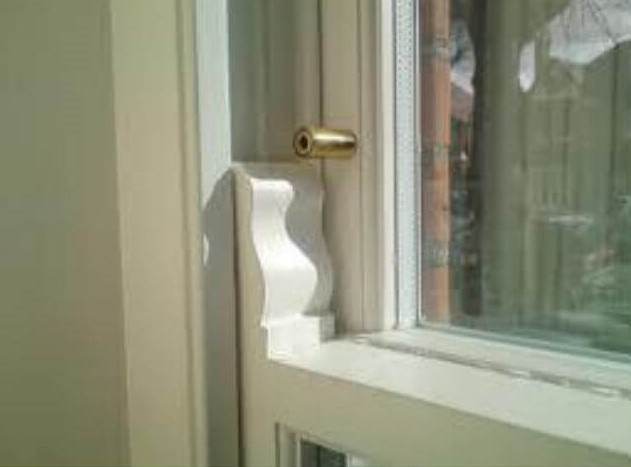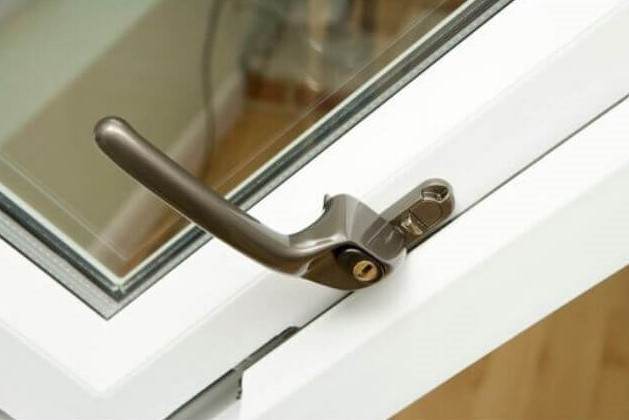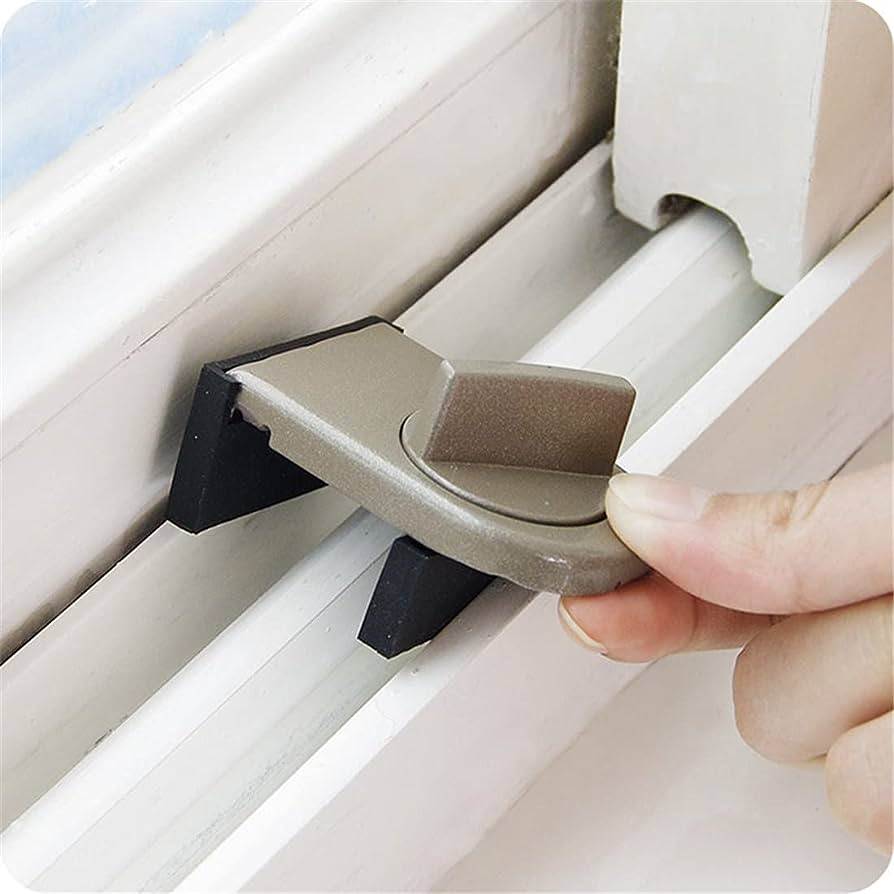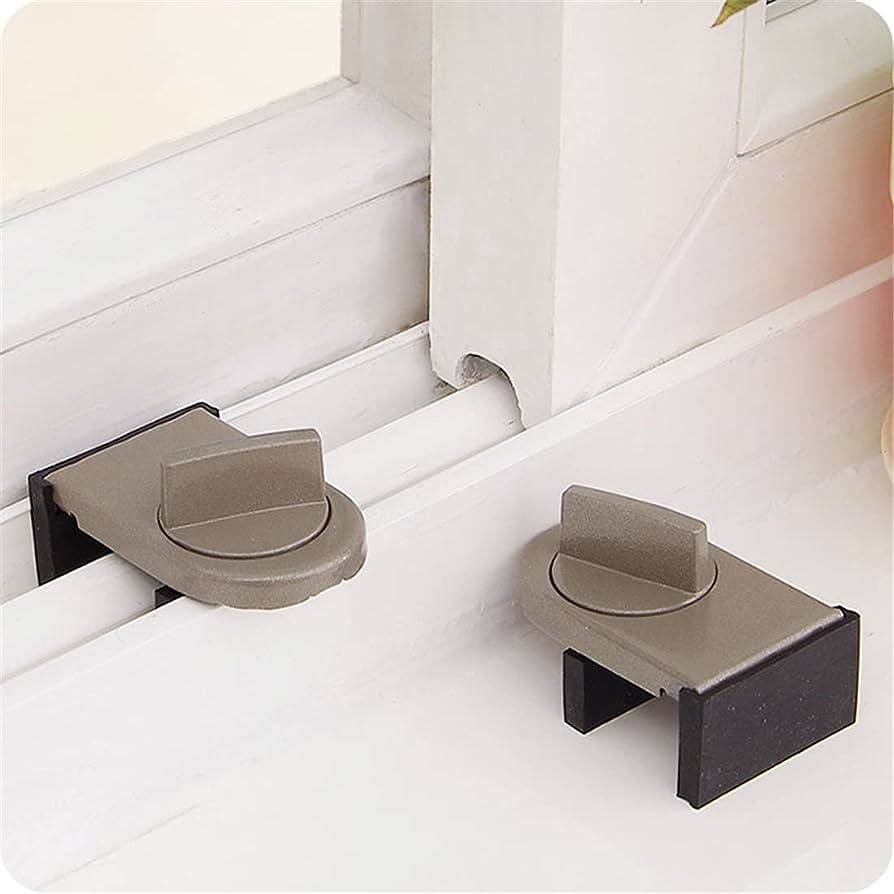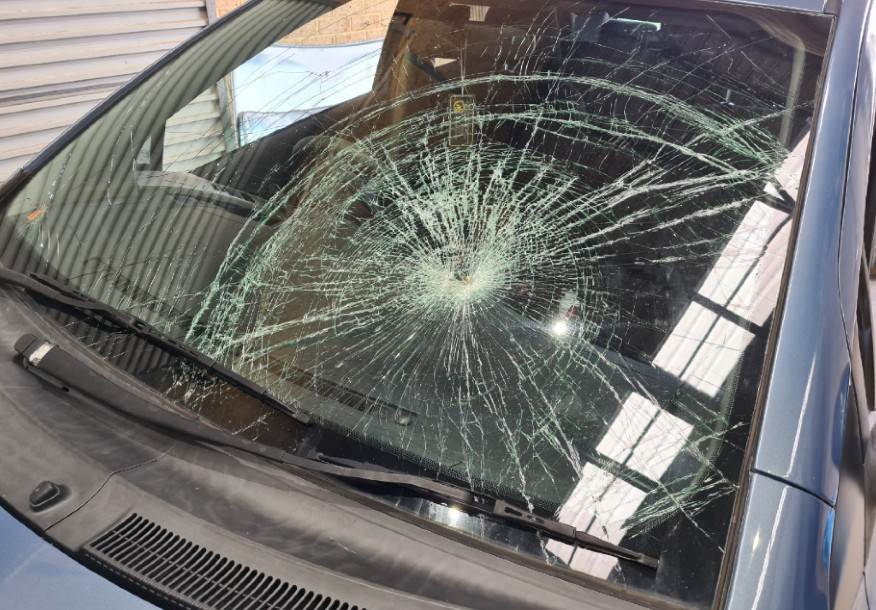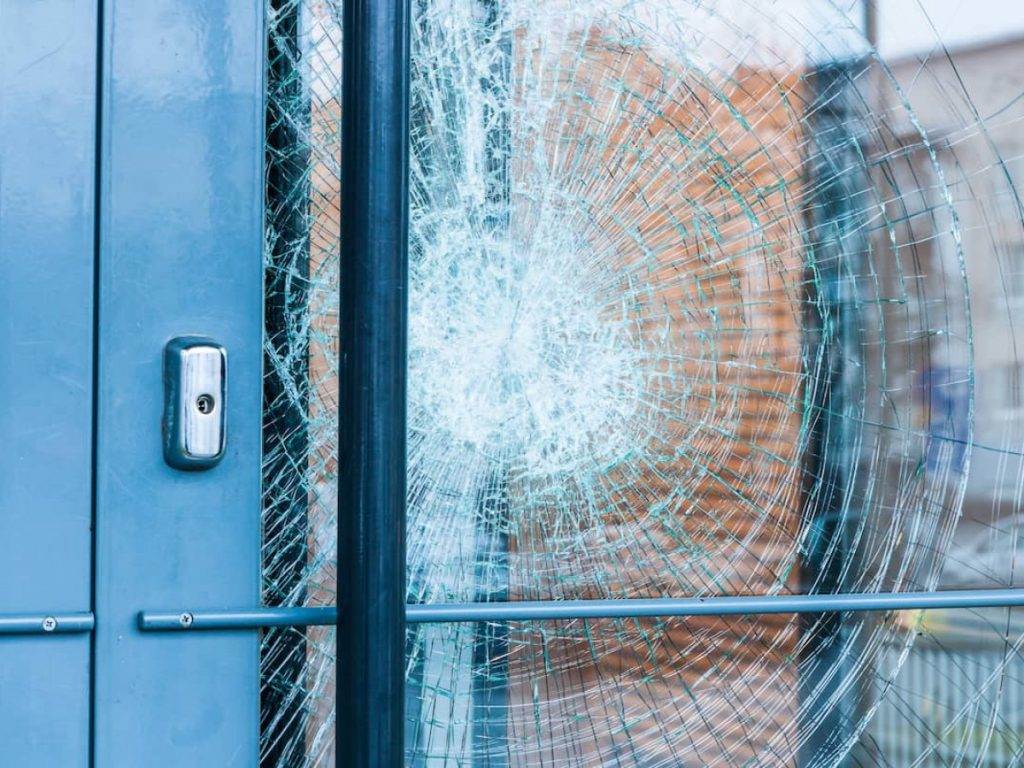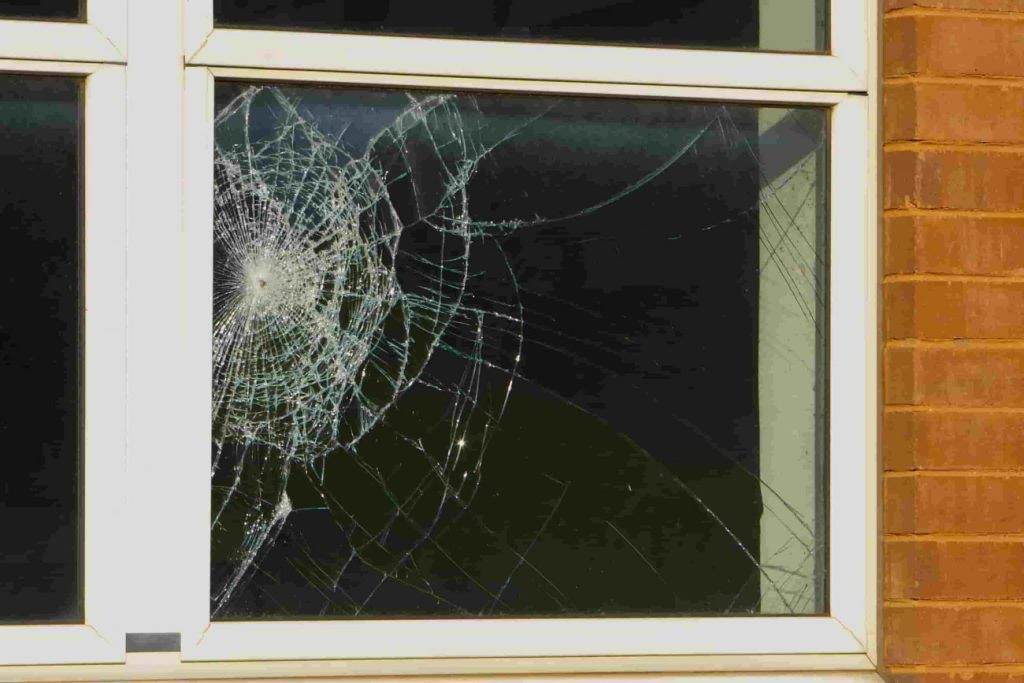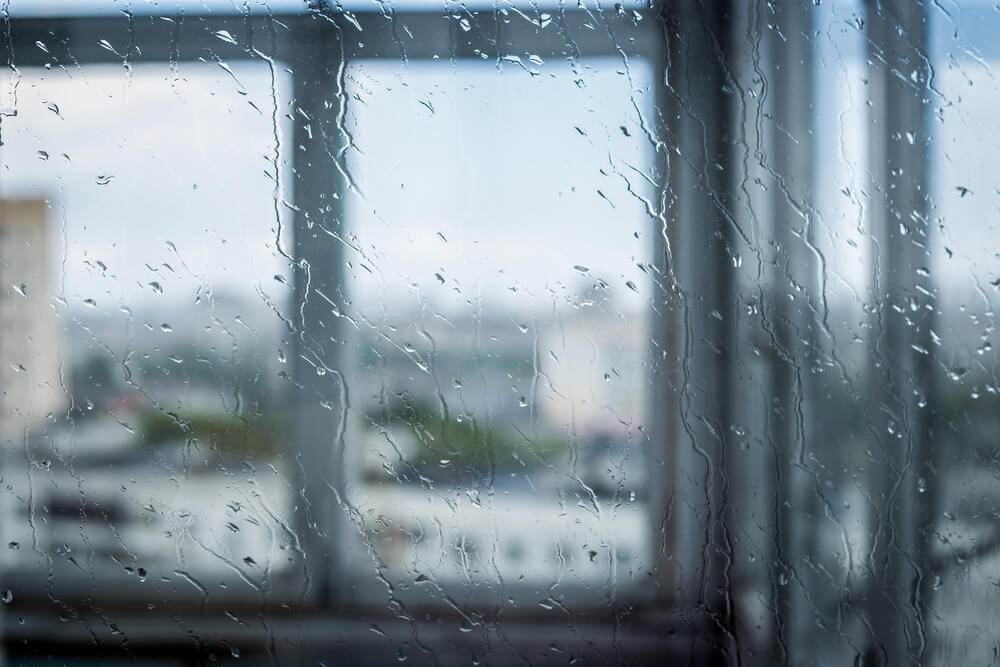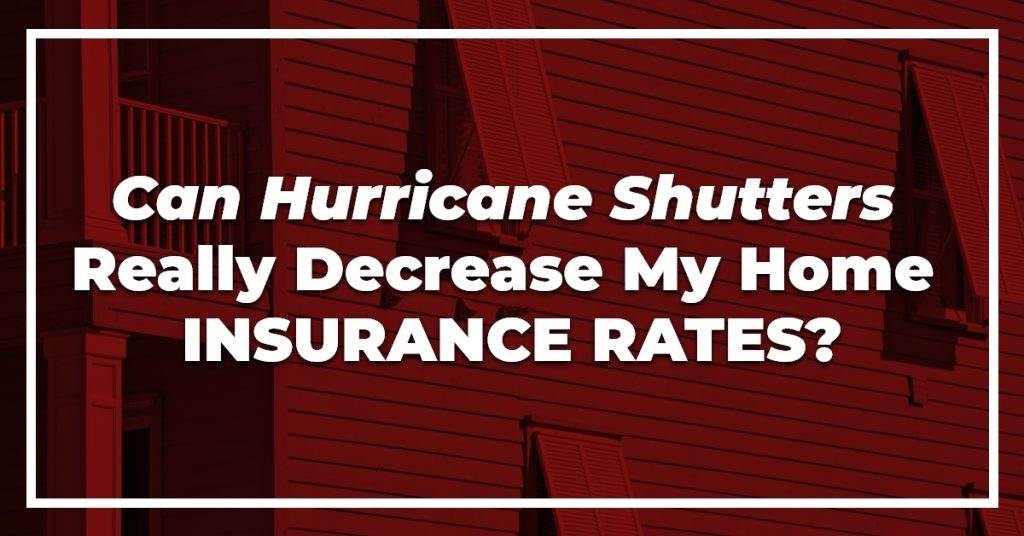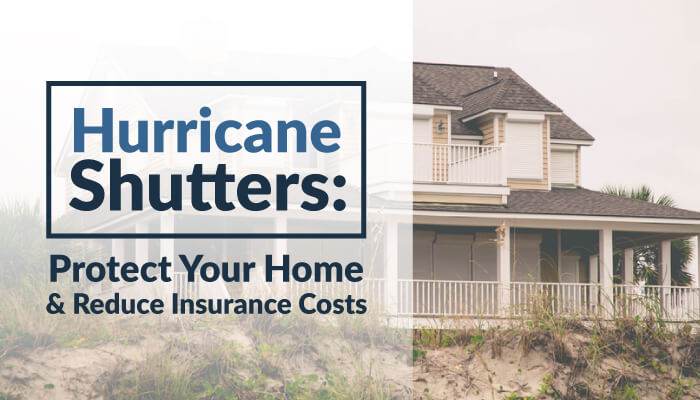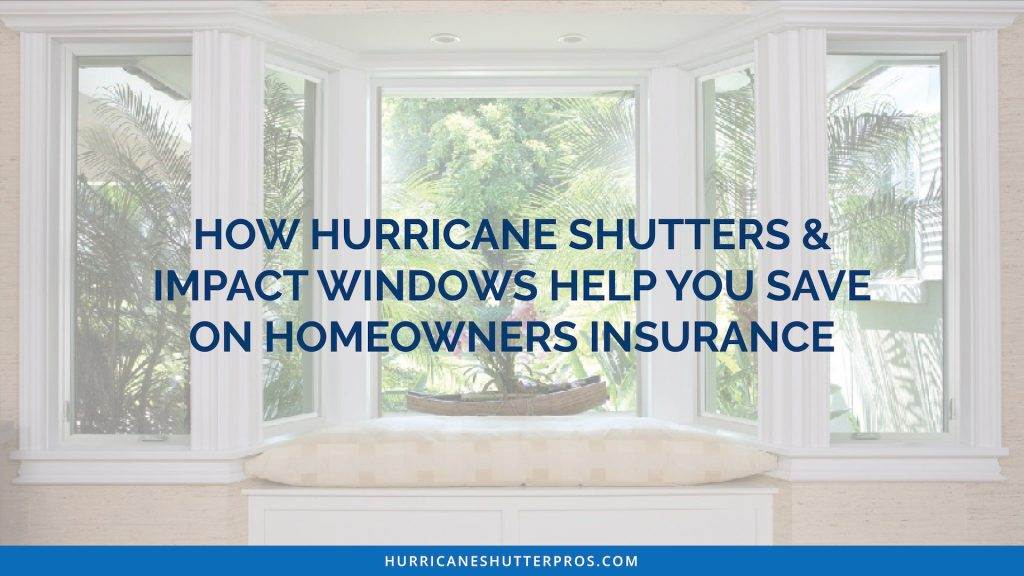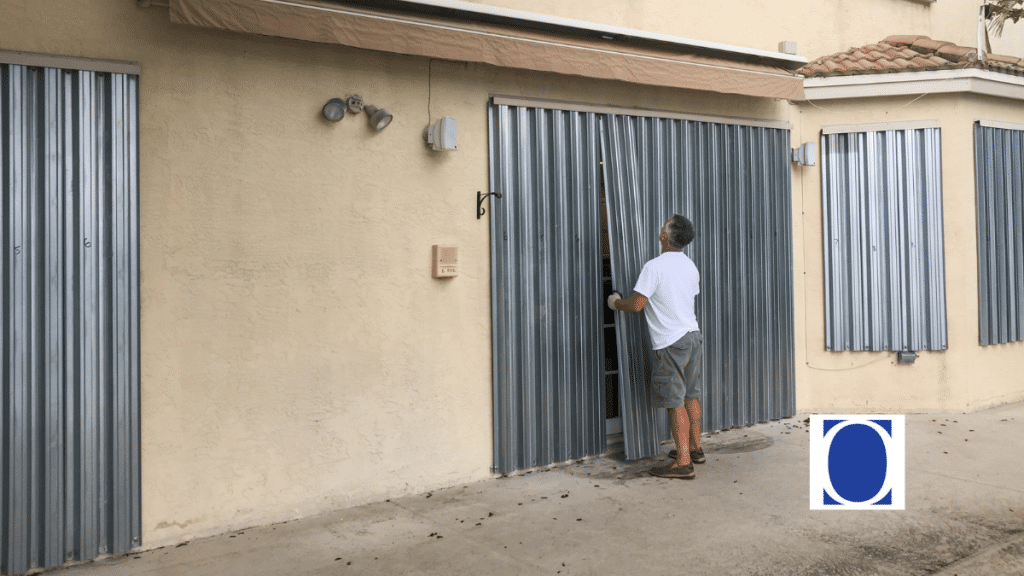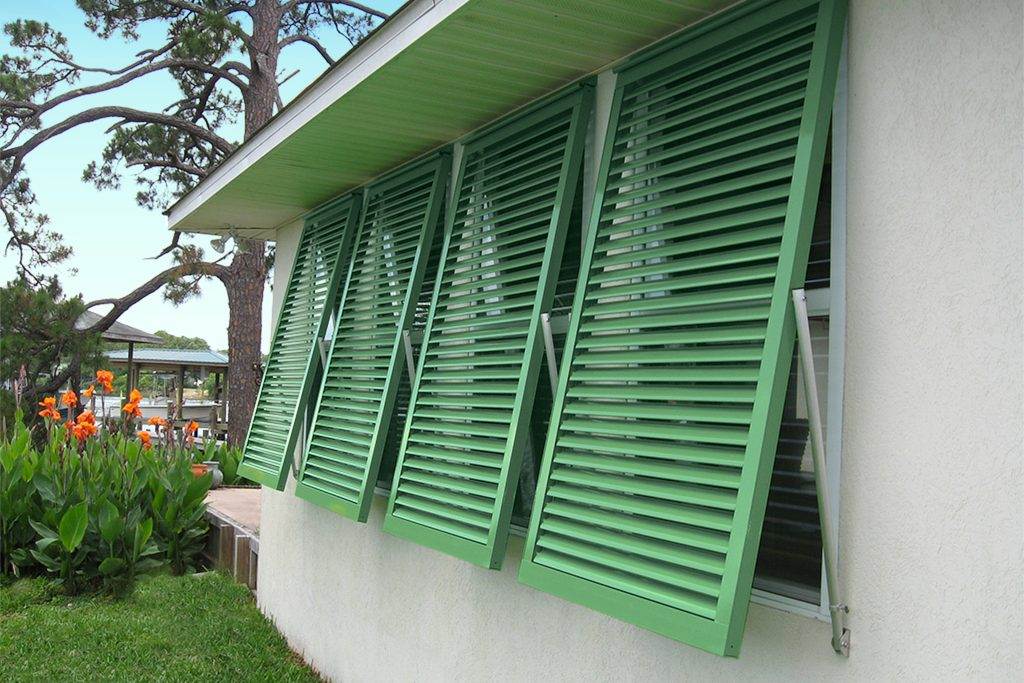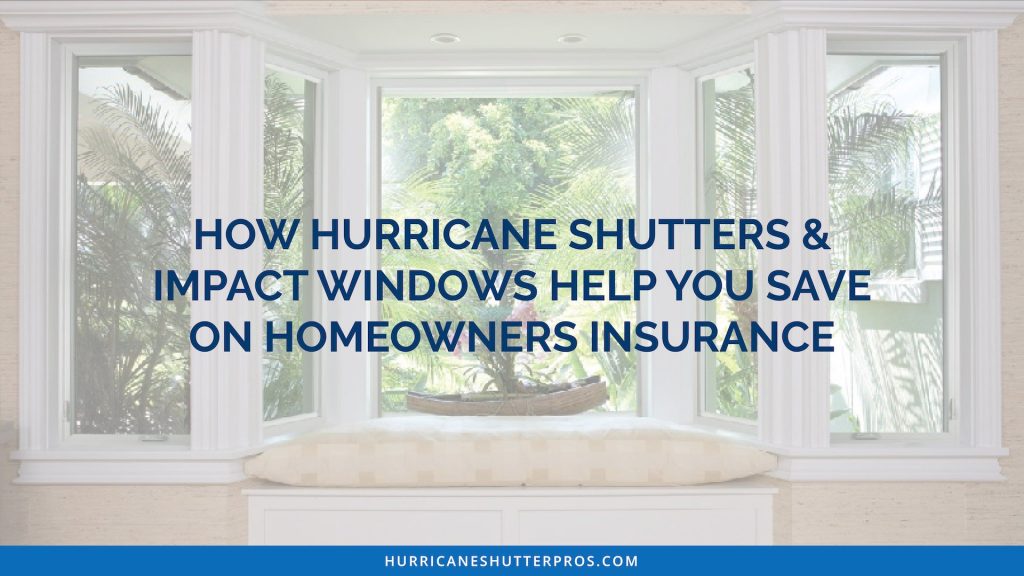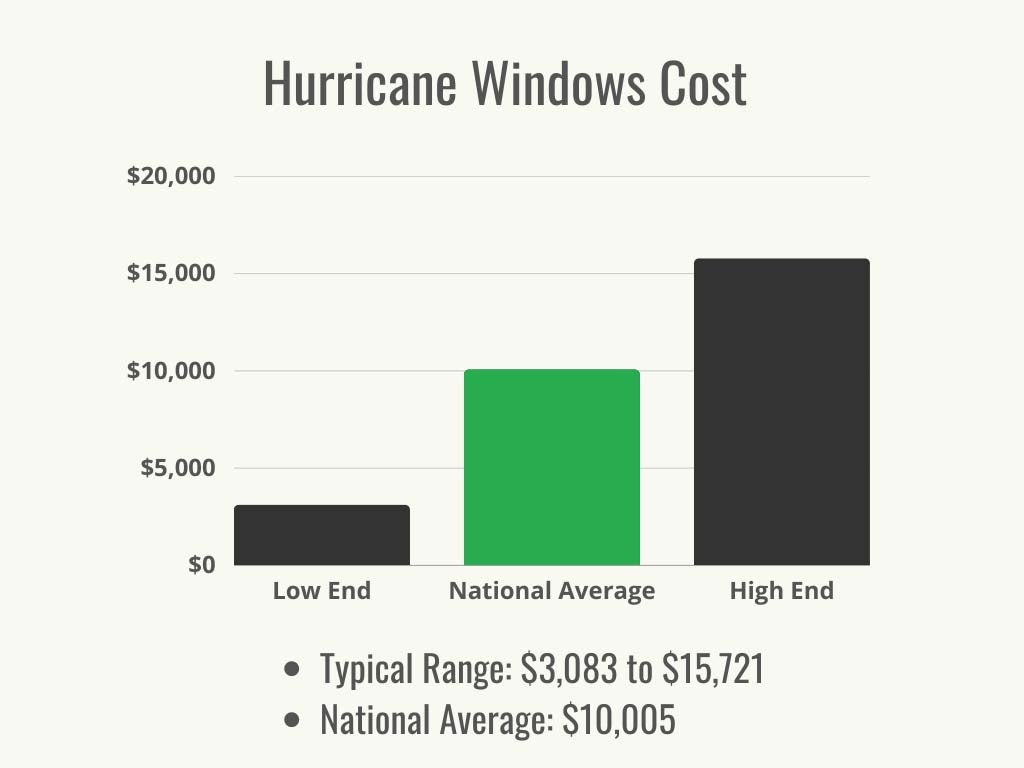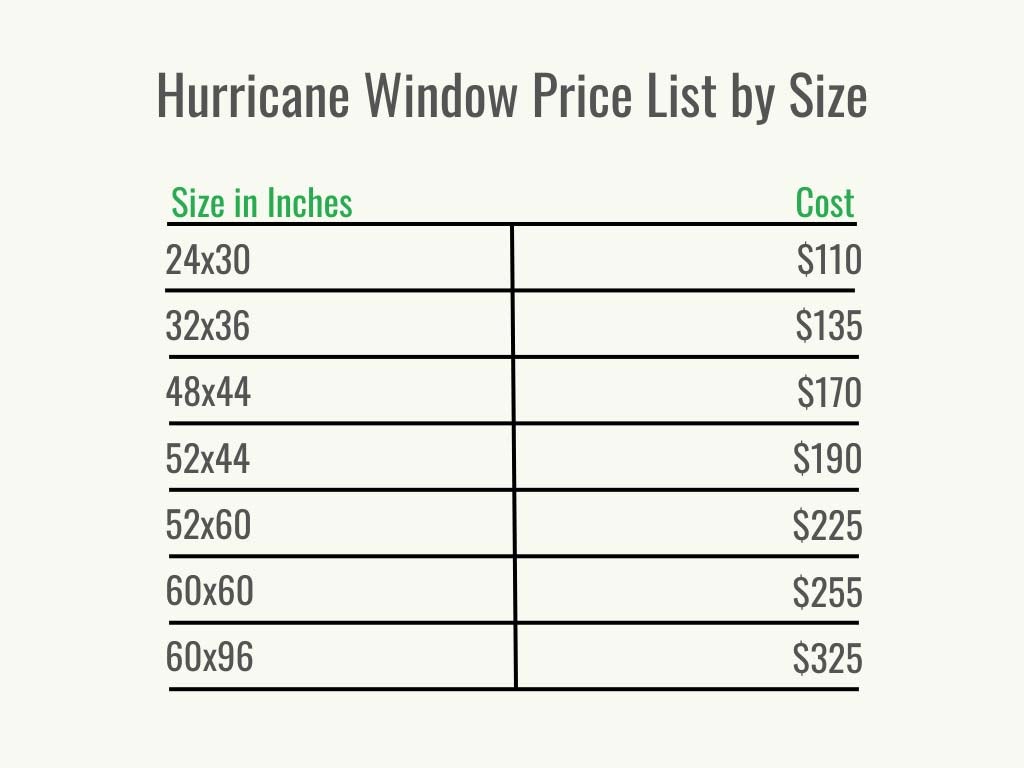So, you’re thinking about installing hurricane shutters, huh? Well, you’ve come to the right place! In this article, we’ll be exploring just how much of a dent those sturdy shutters can put in your home insurance costs. We all know that living in an area prone to hurricanes comes with its fair share of risks, but wouldn’t it be great if you could not only protect your home but also save some hard-earned cash in the process? Buckle up, folks, because we’re about to uncover just how much hurricane shutters can save you when it comes to insurance. Get ready to be pleasantly surprised!
Factors That Determine Insurance Premiums
Location
One of the key factors that determine insurance premiums is the location of your home. Areas prone to hurricanes and other severe weather conditions typically have higher insurance rates. The coastal regions and states that are vulnerable to hurricane damage often face higher premiums due to the increased risk associated with these areas. Therefore, if you live in a hurricane-prone region, it is vital to take proactive measures to protect your home and reduce the risk of damage.
Home Characteristics
The characteristics of your home also play a role in determining insurance premiums. Factors such as the age, construction type, and condition of your home can affect the cost of insurance. Older homes, for example, may have outdated building materials or construction methods that make them more susceptible to wind and water damage. On the other hand, newer homes built with hurricane-resistant features may qualify for lower premiums.
Coverage Amount
The coverage amount you choose for your insurance policy is another significant factor that affects your premiums. Generally, the higher the coverage amount, the higher your premiums will be. It is essential to carefully assess the value of your home and its contents to determine the appropriate coverage amount. It is also crucial to consider additional coverage options for personal belongings and additional living expenses in case you need to temporarily relocate due to a hurricane or other disaster.
Deductible
The deductible is the amount you must pay out of pocket before your insurance coverage kicks in. A higher deductible typically results in lower insurance premiums. However, it is essential to choose a deductible amount that you can comfortably afford in the event of a claim. Furthermore, some insurance policies may have separate and higher deductibles specifically for hurricane-related damage. It is important to review and understand the deductible terms and conditions of your policy before making a decision.
The Impact of Hurricane Shutters on Insurance Premiums
Reducing Wind Damage
One of the major advantages of installing hurricane shutters is their ability to reduce wind damage to your home. Strong winds during hurricanes can cause significant structural damage, leading to higher insurance claims and subsequently higher premiums. However, by installing hurricane shutters, you can protect your windows and doors from wind-driven debris and minimize the risk of damage. Insurance companies recognize the effectiveness of hurricane shutters in reducing wind damage and often provide discounts for homeowners who have them installed.
Protecting Against Debris
During hurricanes, flying debris can pose a significant threat to both the structure of your home and its contents. Broken windows can result in water infiltration, leading to further damage. By installing hurricane shutters, you can create a strong barrier that prevents debris from entering your home. This added protection reduces the risk of damage and can result in lower insurance premiums, as insurance companies recognize the reduced likelihood of costly claims.
Lowering the Risk of Theft
In addition to protecting against wind and debris, hurricane shutters also act as a deterrent against burglaries and thefts. When a hurricane is approaching, many homeowners evacuate, leaving their homes vulnerable to break-ins. Hurricane shutters provide an additional layer of security by making it more difficult for potential intruders to access your home. Insurance companies may view this increased protection favorably and offer discounts on your insurance premiums as a result.
Enhancing Home Safety
Hurricane shutters not only protect your property but also enhance the overall safety of your home during a hurricane. By preventing wind and debris from entering, they help maintain the structural integrity of your home, reducing the risk of collapse or severe damage. This added level of safety can result in lower insurance premiums, as insurance companies value homeowners who take proactive steps to protect their properties and ensure the safety of their families.
Qualifying for Discounts
Installing hurricane shutters can make you eligible for various insurance discounts. Insurance companies are often willing to provide discounts to homeowners who take steps to mitigate the risk of hurricane-related damage. By installing hurricane shutters, you demonstrate your commitment to protecting your home and reducing the likelihood of costly claims. It is crucial to check with your insurance provider to determine the specific discounts available and the requirements for eligibility.

This image is property of hurricaneshutterpros.com.
Types of Hurricane Shutters
Accordion Shutters
Accordion shutters are a popular and versatile type of hurricane shutter. They consist of interlocking vertical slats that fold back when not in use and unfold to cover windows and doors during a storm. Accordion shutters are permanently attached to the sides of the windows and can be easily operated from inside.
Roll-Down Shutters
Roll-down shutters are another common type of hurricane shutter. They are typically made of aluminum and roll down vertically to cover windows and doors. Roll-down shutters can be operated manually or with motorized systems, allowing for easy deployment and retraction.
Colonial Shutters
Colonial shutters are a classic and aesthetically pleasing option for hurricane protection. They are hinged on the side and swing shut to cover windows during a storm. Colonial shutters are available in various styles and colors, allowing homeowners to choose a design that complements the architectural features of their homes.
Bahama Shutters
Bahama shutters offer a unique look and functionality for hurricane protection. They are installed at the top of windows and are propped open at an angle when not in use. During a storm, Bahama shutters can be easily lowered to cover the windows and provide protection.
Storm Panels
Storm panels are removable panels made of aluminum or polycarbonate that can be installed over windows and doors when a hurricane is approaching. They are typically stored when not in use and can be quickly and easily deployed when needed.
Fabric Shutters
Fabric shutters are a lightweight and versatile option for hurricane protection. Made of tightly woven fabric, they are installed over windows and secured in place with straps or fasteners. Fabric shutters provide both protection and visibility, allowing light to enter the home while shielding it from wind and debris.
Impact-Resistant Glass
Impact-resistant glass is an alternative to traditional hurricane shutters. It is specially designed to withstand strong winds and impacts from flying debris. Impact-resistant glass is integrated into the windows and doors, providing constant protection without the need for additional shutters.
Cost of Hurricane Shutters
Materials
the cost of hurricane shutters can vary depending on the materials used. Accordion shutters, roll-down shutters, and colonial shutters are typically more expensive due to the durable materials required for their construction. Aluminum shutters are a popular choice due to their strength and resistance to corrosion. However, other materials, such as polycarbonate and fabric, offer more affordable options without compromising on performance.
Size and Coverage
The size of your windows and doors, as well as the amount of coverage needed, will also impact the overall cost of hurricane shutters. Larger windows or doors require larger shutters, which can increase the price. Additionally, if you choose to cover all windows and doors in your home, the cost will be higher compared to only installing shutters in selected areas. It is essential to assess your budget and prioritize the most vulnerable areas of your home when considering the size and coverage of your hurricane shutters.
Installation
The cost of installation should also be taken into account when considering the overall cost of hurricane shutters. Some homeowners opt for DIY installation to save money, while others prefer professional installation to ensure proper fit and functionality. Professional installation typically involves additional fees, but it provides peace of mind knowing that the shutters are correctly installed and will provide optimal protection during a storm.
It is recommended to obtain quotes from multiple suppliers and installers to compare costs and options. When considering the cost of hurricane shutters, it is essential to view it as an investment in protecting your home and potentially lowering your insurance premiums in the long run.
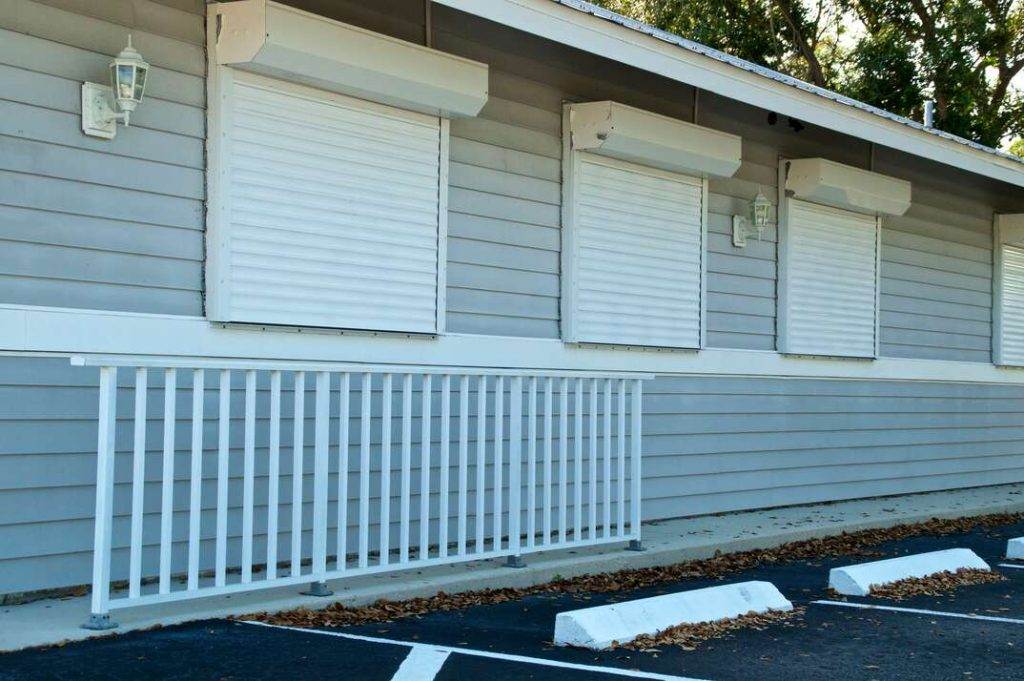
This image is property of library.homeserve.com.
Comparing Insurance Premiums with and without Hurricane Shutters
Conducting a Cost-Benefit Analysis
To determine the impact of installing hurricane shutters on your insurance premiums, it is crucial to conduct a comprehensive cost-benefit analysis. Start by comparing the savings you can potentially achieve through insurance premium discounts with the cost of purchasing and installing hurricane shutters. Consider the estimated lifespan of the shutters and whether they will require maintenance or replacement over time. This analysis will help you make an informed decision regarding the financial benefits of installing hurricane shutters.
Considering Long-Term Savings
When comparing insurance premiums with and without hurricane shutters, it is important to consider the potential long-term savings. While the immediate impact on premiums may be significant, the overall savings over several years or even decades can be substantial. By investing in hurricane shutters, you are protecting your home and reducing the risk of damage, which can result in fewer insurance claims and lower premiums in the future. Furthermore, hurricane shutters can increase the resale value of your home, providing additional financial benefits.
Additional Benefits of Hurricane Shutters
Increased Resale Value
In addition to potential insurance premium savings, installing hurricane shutters can increase the resale value of your home. Homebuyers in hurricane-prone areas often prioritize properties with hurricane protection measures, such as shutters. By investing in hurricane shutters, you are not only protecting your home but also making it more attractive to potential buyers. This increased desirability can translate into a higher resale value and a larger return on your investment.
Energy Efficiency
Hurricane shutters also offer energy efficiency benefits. When properly installed and maintained, shutters can help reduce heat transfer, keeping your home cooler in the summer and warmer in the winter. This can lead to lower energy bills throughout the year. Additionally, by reducing the need for artificial cooling and heating, hurricane shutters contribute to environmental sustainability. Insurance companies may recognize the energy-saving benefits of shutters and provide additional discounts or incentives.

This image is property of i0.wp.com.
Insurance Providers and Discounts
Large Insurance Companies
Many large insurance companies offer policies specifically tailored to hurricane-prone areas. These companies often have extensive experience in assessing risk and providing coverage for homeowners in regions vulnerable to hurricanes. When shopping for insurance, it is advisable to explore options with well-established and reputable insurance providers that have a strong presence in your area. These companies may offer competitive rates and discounts for installing hurricane shutters.
Local Insurance Providers
In addition to large insurance companies, local or regional insurance providers may also offer coverage in hurricane-prone areas. These providers often have intimate knowledge of local weather patterns, building codes, and the specific risks associated with your region. By working with a local insurance provider, you may be able to access unique coverage options and discounts specifically designed for your area.
Possible Discounts
Insurance providers typically offer various discounts, and the availability of these discounts may vary by company. When discussing insurance options with potential providers, inquire about discounts for installing hurricane shutters. Some companies may offer a specific discount applied to the premium, while others may offer reduced deductibles or additional coverage benefits. It is essential to review the terms and conditions of insurance policies and understand the full range of discounts available.
Qualifying for Insurance Discounts
Proof of Hurricane Shutters
To qualify for insurance discounts related to hurricane shutters, you will likely need to provide proof of installation. This can include documentation from the manufacturer or installer, receipts, photographs, or any other evidence that demonstrates the presence and functionality of hurricane shutters. It is important to keep this documentation readily accessible and up to date to ensure a smooth process when negotiating insurance premiums and claims.
Compliance with Building Codes
Insurance providers often require homes to comply with local building codes and regulations to qualify for coverage and discounts. When installing hurricane shutters, it is crucial to ensure that you meet the specific requirements set by your local authorities. By complying with building codes, you demonstrate your commitment to home safety and mitigating potential risks, which can influence insurance providers to offer discounts.
Professional Installation
Insurance providers may require hurricane shutters to be professionally installed to qualify for discounts. Professional installation ensures that the shutters are properly fitted, meet all required specifications, and will function effectively during a storm. It is recommended to hire licensed and experienced professionals who specialize in hurricane shutter installation to ensure compliance and maximize the benefits of the shutters.
Annual Inspections
To maintain eligibility for insurance discounts, some providers may require annual inspections of the hurricane shutters. These inspections verify the condition and functionality of the shutters, ensuring they are still providing adequate protection. It is important to schedule these inspections promptly and conduct any necessary repairs or maintenance to guarantee the continued effectiveness of the shutters.

This image is property of www.homerunfinancing.com.
Other Mitigation Measures
Roof Strengthening
In addition to installing hurricane shutters, reinforcing your roof can significantly reduce the risk of hurricane damage. Reinforcements such as hurricane straps or clips, impact-resistant roofing materials, and proper installation techniques can make your roof more resistant to high winds and flying debris. Insurance providers often encourage homeowners to strengthen their roofs and may offer discounts for implementing these measures.
Fortifying Doors and Garage
Doors and garage openings are especially vulnerable during hurricanes. By fortifying these entry points, you can minimize the risk of wind damage and prevent debris from entering your home. Reinforcing exterior doors with impact-resistant materials, installing heavy-duty garage doors, and ensuring proper bracing and seals can significantly increase the protection provided by hurricane shutters and reduce potential insurance claims.
Landscaping Modifications
Landscaping can also play a role in protecting your home during a hurricane. Removing or trimming trees and shrubs near your home can reduce the risk of tree branches or limbs causing damage. Additionally, planting wind-resistant trees and shrubs can act as a natural barrier against high winds. Insurance providers may consider these landscaping modifications when assessing the risk associated with your property and determining your premiums.
Conclusion
Installing hurricane shutters can have a significant impact on insurance premiums, home protection, and overall safety. By reducing wind damage, protecting against debris, and enhancing home security, hurricane shutters demonstrate your commitment to mitigating risks and protecting your property. The potential insurance premium savings, increased resale value, energy efficiency benefits, and discounts offered by insurance providers make the investment in hurricane shutters worthwhile. However, it is crucial to conduct a thorough cost-benefit analysis, consider long-term savings, and explore available discounts to make an informed decision. Remember to consult with insurance providers, obtain multiple quotes, and adhere to building codes and regulations to maximize the benefits of installing hurricane shutters and ensure the safety and resilience of your home during hurricane season.
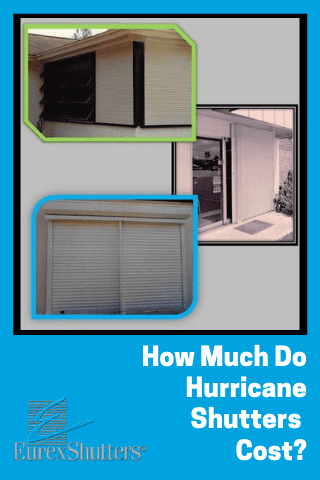
This image is property of eurexshutters.com.

